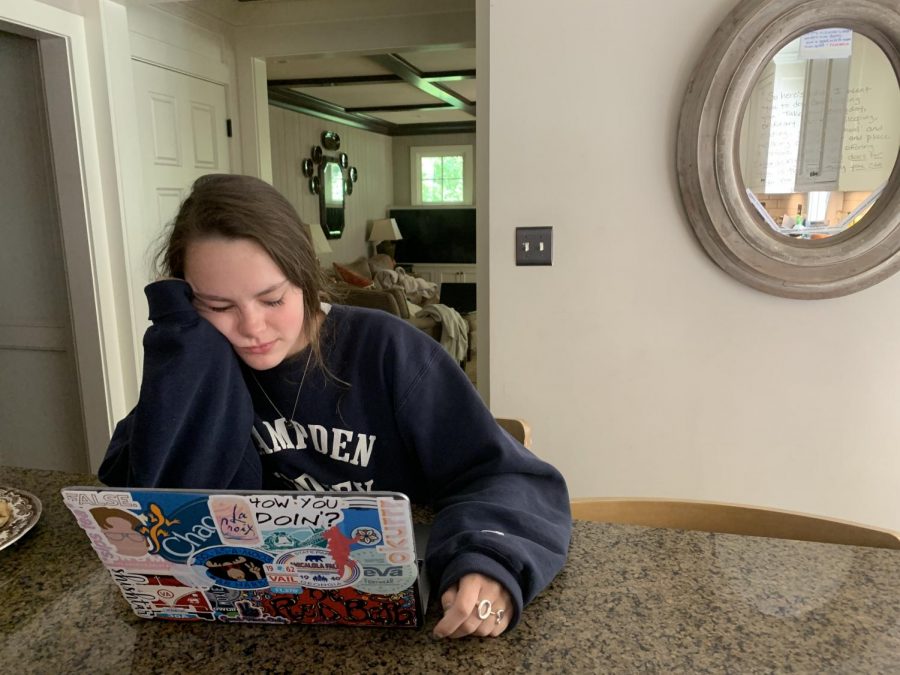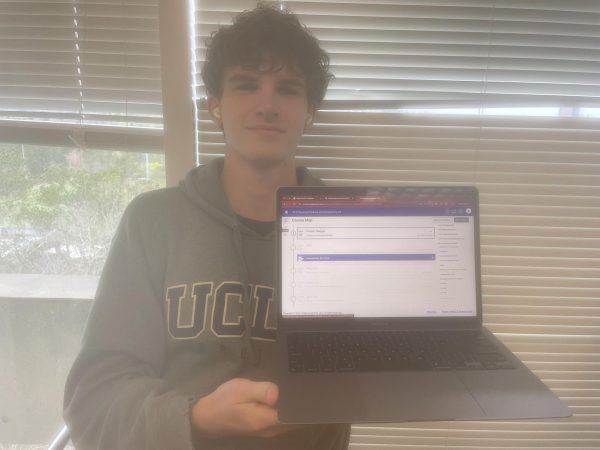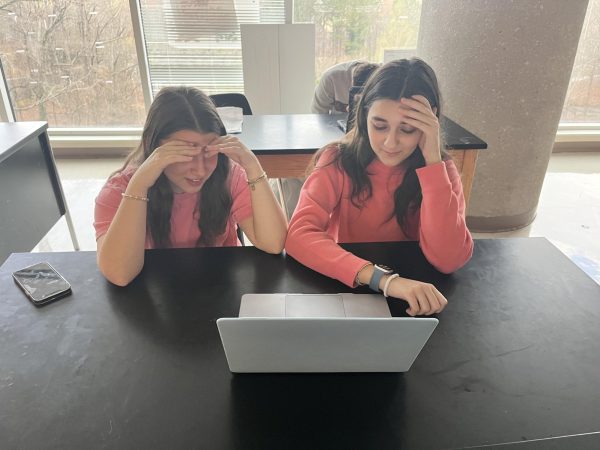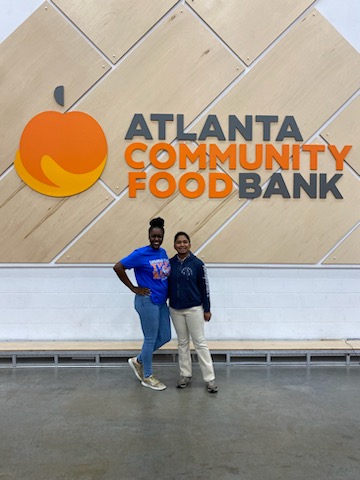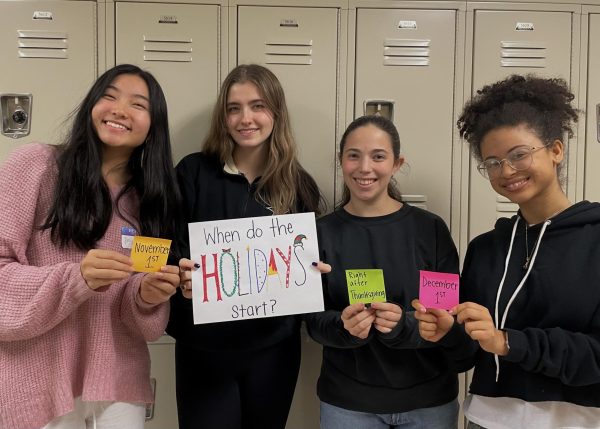Advisement Period Producing Post-School Nap Frenzy
Catching Some Z’s: Senior Carter Law drifts off during her extended advisement period.
Advisement has always been an interesting subject for North Atlanta students, as opinions regarding the Social Emotional Learning (SEL) period vary widely. Some are appreciative of the shortened class periods that result from the advisement schedule. Advisement will occasionally function as a free period as well, where teachers simply let students do whatever they may please. Many others find it to be pretty tedious and dull, however, despite believing it to be helpful at times.
Now although many have been grateful for it in the past, the addition of the 45-minute advisement period to the back end of the school day schedule has caused significant displeasure around the North Atlanta community. Many students feel exhausted following a six-hour online learning experience, where the seemingly endless time staring at screens has caused some wear and tear on the mind. With advisement now extending the school day, North Atlanta — these students feel — has essentially added insult to injury. Junior Carl Alexander admittedly wasn’t pleased upon hearing that announcement. “I’ve been able to use that hour after school pretty effectively to get my work done,” Alexander said. “It’s a bother for me and I’m not surprised to hear all the disapproval about the change, but advisement is still something we have to do.”
Plenty of students have referred to the online experience as tiresome and energy sapping. The advisement period has caused a noticeable increase in “post-school naps,” with 405 straight minutes of screen-staring being the main culprit. One victim of this was Junior Aidan Slater, who conceded that he had already taken two naps following the conclusion of his advisement period. “I’m pretty much at my limit for screen staring after a normal online school day,” Slater said. “With the extra time for advisement, there’s a noticeable strain on my eyes to the point where I feel I have to close them and get some shut-eye.”
Slater also advocated for the traditional advisement schedule, where the period would take place just after students’ first period class, shortening classes as a result. Despite his complaints, he was also understanding of North Atlanta’s decision, mentioning that the school might not have had the luxury of shortening our school days and classes more than they already have.
The difference between “Zoom School” and face-to-face education has become evident three weeks in. Students have often felt fatigued after just one series of remote classes, as school days have seemed both stagnant and mentally debilitating. With advisement prolonging our learning experience by 45 minutes once a week, Tuesdays are certainly days North Atlanta students have come to dread. Maybe it will turn out to be not as bad as it seems — with the added benefit of APS cutting days short by one hour — but the circumstances of online learning have many eager for a return to the building.


